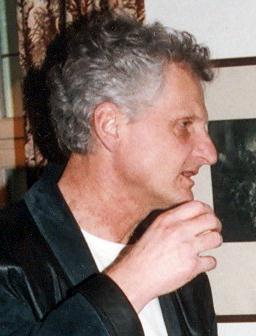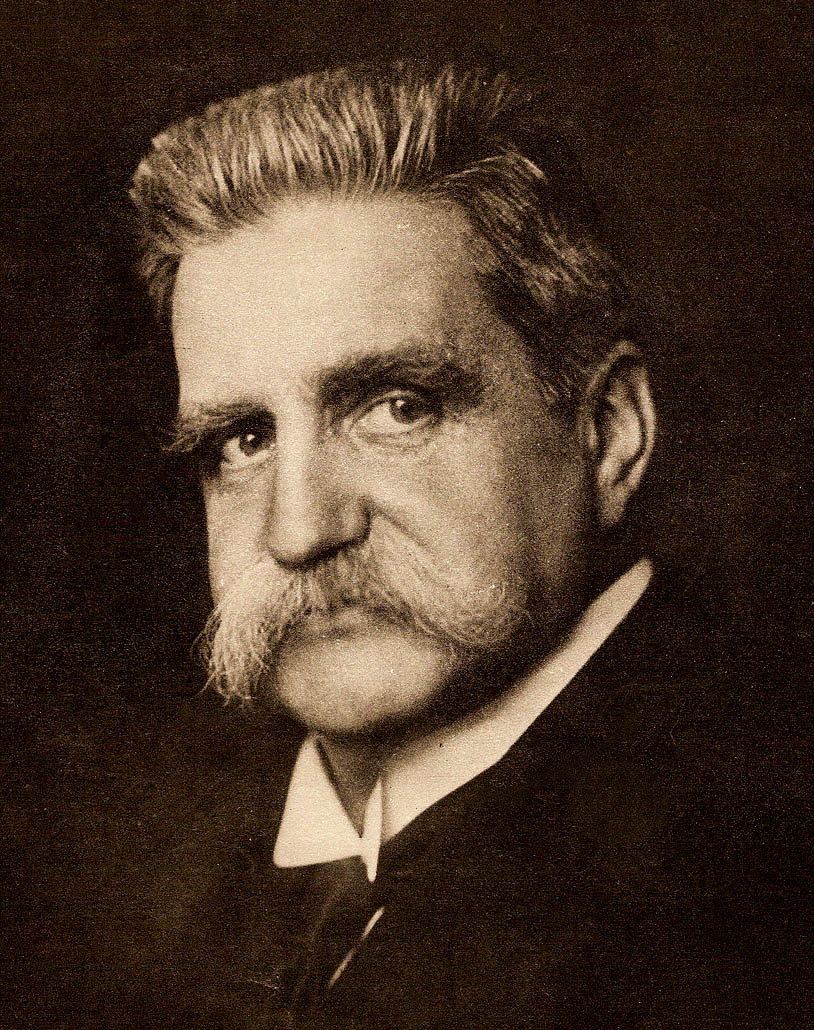|
Hälleforsnäs
Hälleforsnäs is a locality in Flen Municipality, Södermanland County, Sweden with approximately 2000 inhabitants in 2020. A small village in the municipality of Flen, it is 15 km (9 miles) from Flen, 32 km (20 miles) from Eskilstuna, 40 km (25 miles) from Katrineholm and 120 km (75 mi) south-west of Stockholm. This village was an industrial center until the foundry it was built around ceased operations after 350 years in the early 1990s. The foundry is now a cultural center and a hub of activity. Beginning in the 17th century, the foundry functioned as a cannon workshop. Here, cannons were manufactured for the Swedish army in Europe. The foundry switched from producing military products to civilian radiators and stoves at the beginning of the 20th century. Between 1920 and 1980, pipes and other plumbing supplies were the company's primary products. In the 1960s, when the foundry was at its peak, more than a thousand people worked there, as well as a few hundred in related occu ... [...More Info...] [...Related Items...] OR: [Wikipedia] [Google] [Baidu] |
Flen Municipality
Flen Municipality () is a municipality in central Södermanland County in southeast Sweden. Its seat is located in the city of Flen. The present municipality was formed in 1971 through the amalgamation of the ''City of Flen'' (instituted in 1949), the market town ('' köping'') Malmköping and the surrounding countryside, including a southeastern portion of the former Oppunda hundred that was split between Flen and Nyköping municipalities. It also includes all of the former Villåttinge hundred. Geography Flen Municipality is a lowland inland municipality that falls to above sea level on the lakes of Långhalsen and Torpfjärden in the southeastern area. The highest peak is at on the tripoint between Flen, Gnesta and Strängnäs municipalities. Localities Figures from Statistics Sweden, 2004. * Flen 6,107 * Malmköping 2,006 * Hälleforsnäs 1,737 * Sparreholm 799 * Skebokvarn 225 * Mellösa 549 * Bettna 410 *Vadsbro 118 Of these places, Malmköping, located about ... [...More Info...] [...Related Items...] OR: [Wikipedia] [Google] [Baidu] |
Södermanland County
Södermanland County (, ) is a Counties of Sweden, county or ''län'' on the southeast coast of Sweden. In the local Sörmlandic dialects it is virtually universally shortened and pronounced as Sörmlands län, or simply Sörmland, which is the dominant pronunciation and spelling inside the county. For example, the name of the local Regional councils of Sweden, regional council is ''Region Sörmland''. Södermanland's capital is Nyköping and the largest settlement is Eskilstuna. In the sparsely populated interior, Katrineholm is the largest locality. In total, Södermanland has nine municipalities and about 300,000 inhabitants. Södermanland borders the counties of Östergötland County, Östergötland, Örebro County, Örebro, Västmanland County, Västmanland, Uppsala County, Uppsala, Stockholm County, Stockholm and to the Baltic Sea. It holds the popular camping route called "Sörmlandsleden" which is a system of trails covering a total of approximately 100 mil (1000 km ... [...More Info...] [...Related Items...] OR: [Wikipedia] [Google] [Baidu] |
1973 Swedish General Election
General elections were held in Sweden on 16 September 1973.Dieter Nohlen & Philip Stöver (2010) ''Elections in Europe: A data handbook'', p1858 The Social Democrats remained the largest party, winning 156 of the 350 seats. For most of the campaign, the opposition parties had led the socialist parties in the polls. It has been speculated that several events influenced the outcome of the election in favour of the government: the death of King Gustaf VI Adolf the previous day, the Norrmalmstorg robbery and the 1973 Chilean coup d'état. Prime Minister Olof Palme had delivered an impassioned speech on Salvador Allende's legacy on the eve of the election, in which he praised the democratic system. The elections instead produced a draw, with the socialist and liberal-conservative blocs each winning 175 seats. Inter-Parliamentary Union Sinc ... [...More Info...] [...Related Items...] OR: [Wikipedia] [Google] [Baidu] |
New Democracy (Sweden)
New Democracy (, NyD) was a political party in Sweden. It was founded in 1991 and elected into the Riksdag in the 1991 Swedish general election. It lost all its seats in the Riksdag in the 1994 Swedish general election, subsequent election in 1994, and its subsequent decline culminated in bankruptcy in February 2000, at which time it retained only one city council post. Local factions of New Democracy reformed into minor parties such as Sjöbopartiet, which experienced mixed success. New Democracy campaigned on an agenda of reform and restricted immigration, initially on economic rather than cultural grounds. Its economic policy, stressing the importance of entrepreneurship and deregulation, was generally perceived as Right-wing politics, right-wing. The party favored Swedish application for European Union membership, which was attained in 1995. It also called for wide-scale political reform, including cutting government departments, reducing the Riksdag to 151 members and elec ... [...More Info...] [...Related Items...] OR: [Wikipedia] [Google] [Baidu] |
Moderate Party (Sweden)
The Moderate Party ( , , M), commonly referred to as the Moderates ( ), is a liberal-conservative* * * * * political party in Sweden. The party generally supports tax cuts, the free market, civil liberties and economic liberalism. Globally, it is a full member of the International Democracy Union and the European People's Party. The party was founded in 1904 as the General Electoral League ( ) by a group of conservatives in the Riksdag, the Swedish parliament. The party was later known as The Right ( ; 1938–1952) and Right Party ( ; 1952–1969). During this time, the party was usually called the Conservative Party outside of Sweden. After holding minor posts in centre-right governments, the Moderates eventually became the leading opposition party to the Swedish Social Democratic Party and since then those two parties have dominated Swedish politics. After the 1991 Swedish general election, party leader Carl Bildt formed a minority government, the first administration ... [...More Info...] [...Related Items...] OR: [Wikipedia] [Google] [Baidu] |
Christian Democrats (Sweden)
The Christian Democrats ( , KD) is a Christian democratic political party in Sweden founded in March 1964. It first entered parliament in 1985, through electoral cooperation with the Centre Party; in 1991, the party won seats on its own. The party leader since 25 April 2015 has been Ebba Busch. The party name was initially abbreviated to KDS (standing for , Christian Democratic Unity), from its foundation in 1964 to 1996, when the party changed its name to the current ''Christian Democrats'' and its abbreviation to ''KD''. The party was a minor party in centre-right coalition governments led by Moderate Party Prime Ministers Carl Bildt from 1991 to 1994 and Fredrik Reinfeldt from 2006 to 2014, with the latter under a formalised cooperation within the Alliance for Sweden. The party has been a minor party in the coalition government led by Moderate Party Prime Minister Ulf Kristersson since 2022, this time with Moderate Party and the Liberals with support from the Sw ... [...More Info...] [...Related Items...] OR: [Wikipedia] [Google] [Baidu] |
Liberals (Sweden)
The Liberals (, L), formerly known as the Liberal People's Party () until 22 November 2015, is a conservative-liberal political party in Sweden. The Liberals ideologically have shown a broad variety of liberal tendencies. Currently they are seen as following economic liberalism and have been described as being centre-right. The party is a member of the Liberal International and Renew Europe. Historically, the party was positioned in the centre of the Swedish political landscape, willing to cooperate with both the political left and the right. It has since the leadership of Lars Leijonborg and Jan Björklund in the 2000s positioned itself more towards the right. It was a part of the Alliance centre-right coalition government led by Prime Minister Fredrik Reinfeldt from 2006 to 2014. The party's policies include action toward a free market economy and pushing for Sweden to join the Eurozone, as well as investing in nuclear power; it also focuses on gender equality, the sc ... [...More Info...] [...Related Items...] OR: [Wikipedia] [Google] [Baidu] |
Centre Party (Sweden)
The Centre Party ( , C) is a liberal political party in Sweden, founded in 1913. The party focuses on the national economy, the environment, political decentralisation and social integration. It is represented in all of the Riksdag's parliamentary committees, currently holding 24 seats. From 2019 to 2021, it provided confidence and supply to the Löfven II cabinet. Traditionally part of the Nordic agrarian family of political parties, the Centre Party has increasingly switched focus towards economic liberalism, environmental protection, equality of the sexes and decentralisation of governmental authority. The party describes itself as liberal feminist, campaigning for policies which enhance gender equality on an individualist basis. Its environmental policies stress the importance of consent and voluntary action, including working with foresters and private landowners to promote biodiversity within a mutually agreeable framework. The Centre Party has produced two p ... [...More Info...] [...Related Items...] OR: [Wikipedia] [Google] [Baidu] |
Green Party (Sweden)
The Green Party (, , MP), commonly referred to as in Swedish, is a list of political parties in Sweden, political party in Sweden based on green politics. Sparked by the anti-nuclear power movement following the 1980 Swedish nuclear power referendum, 1980 nuclear power referendum, the party was founded in 1981 out of a discontent with the existing parties' environmental policies. In the 1988 Swedish general election, 1988 general election, they won seats in the Riksdag (Sweden), Swedish Riksdag for the first time, capturing 5.5 percent of the vote, and becoming the first new party to enter parliament in seventy years. Three years later, they dropped back below the 4 percent election threshold, threshold. In 1994, they returned to parliament and have since retained representation there. The party is represented nationally by two spokespeople, always one man and one woman. These roles are currently held by Amanda Lind and Daniel Helldén. Between 3 October 2014 and 30 November 2 ... [...More Info...] [...Related Items...] OR: [Wikipedia] [Google] [Baidu] |
Social Democrats (Sweden)
The Swedish Social Democratic Party, formally the Swedish Social Democratic Workers' Party ( , S or SAP), usually referred to as The Social Democrats ( ), is a social democratic political party in Sweden. The party is member of the Progressive Alliance and the Party of European Socialists. Founded in 1889, the SAP is the country's oldest and currently largest party. From the mid-1930s to the 1980s, the Social Democratic Party won more than 40% of the vote. From 1932 to 1976, the SAP was continuously in government. From 1982 to 2022, the party was in government with the exception of the periods 1991–1994 and 2006–2014. Since 2022, the party has been out of government. It participates in elections as "The Workers' Party – The Social Democrats" ( ). The first female PM in Swedish history, Magdalena Andersson, is the current leader of the Social Democratic Party. History Founded in 1889 as a member of the Second International, a split occurred in 1917 when the left socia ... [...More Info...] [...Related Items...] OR: [Wikipedia] [Google] [Baidu] |



